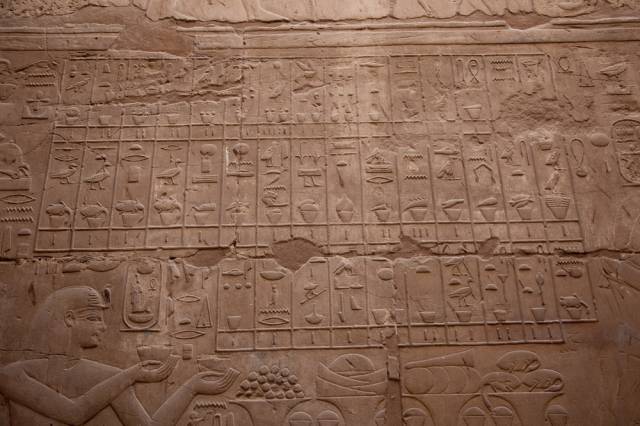Calendar

Year 5, 3rd month of Winter, day 13. Do you know what I’m talking about? You might not know, as you don’t know anything about the ancient Egyptians’ calendar, do you?
The Egyptians had devised a calendar which, according to the best scholars on the subject, is undoubtedly the only intelligent calendar which has ever existed in human history.
Ancient Egyptians measured time as we do today: in years, months, days, hours. The years were numbered in years of reign with respect to the enthronement of the pharaoh, and not as we do today, starting from a zero point.
The Egyptian year was divided into 12 months, each of 30 days. Each month was divided into 3 decades (10 days). The astronomical texts subdivide the night sky in 30 decans, following the rise of constellations at certain hours of the night. Each decan represented a decade in the calendar. The months were grouped in three seasons: AKHET (the flood), about mid-July to mid-November; PERET (reflux, or winter), about mid-November to mid-March; And CHEMOU (the harvest or, literally, the low water), about mid-March to mid-July, when the corn was being harvested.
But, as nothing is perfect, neither is their calendar. The only great reproach that can be made to this calendar system is the absence of leap years, which will only appear in the Roman era. This lack made them take a day late every four years. Thus the calendar gradually shifted in relation to the natural year.